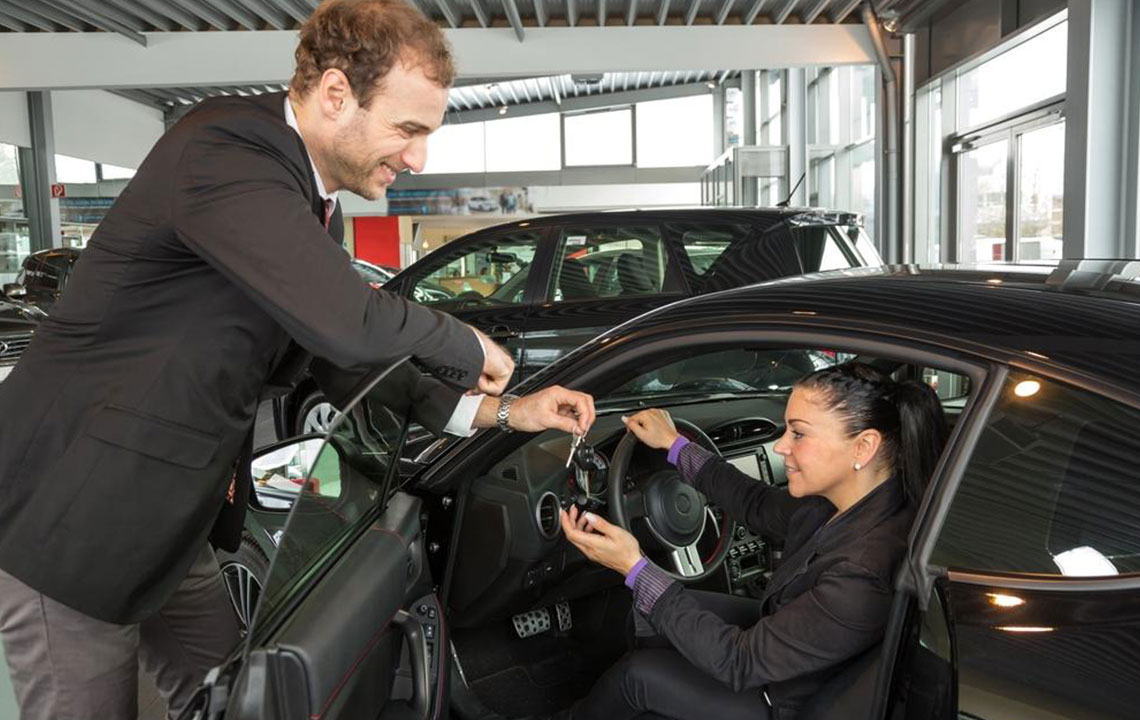Comprehensive Guide to Selling Your Vehicle at a Car Auction for Maximum Profit
Selling your vehicle through an auction can maximize profit and reach serious buyers. This in-depth guide covers selecting the right auction house, preparing your vehicle, understanding the bidding process, and ensuring a smooth transaction. From methodical preparation to legal considerations, learn how to navigate the auction landscape confidently. Whether you’re a collector or just looking to sell quickly, this comprehensive overview equips you with the knowledge to succeed in the competitive auction market, ensuring your vehicle gets the best possible price and a hassle-free sale experience.

Comprehensive Guide to Selling Your Vehicle at a Car Auction for Maximum Profit
Selling a vehicle through an auction can be an effective way to reach motivated buyers and achieve a competitive price, especially for collectible, classic, or high-value cars. However, successfully navigating the auction process requires knowledge of the key steps, choosing the right auction house, understanding the requirements, and knowing how to prepare your vehicle to attract serious bidders. This comprehensive guide aims to provide vehicle owners with detailed insights into the entire process of selling their cars at an auction, from initial preparations to closing the sale.
Choosing the right auction house is the first crucial step. It's essential to select a reputable, well-established auction company that specializes in the type of vehicle you wish to sell. Different auction houses cater to different niches, such as classic European cars, American muscle cars, exotic sports cars, or vintage models. Conduct thorough research to identify an auction house with a strong track record, positive seller reviews, and a wide network of potential buyers. Contact several auction houses to inquire about their entry requirements, commission fees, and services offered. Remember that not all auction houses accept every vehicle—each has specific acceptance criteria based on their specialization and market demand.
Once you've identified a suitable auction house, the next step is to submit a vehicle consignment application. This process typically involves providing detailed information about your car, including its make, model, year, mileage, condition, service history, and any modifications or unique features. You may also be asked to supply photographs, videos, and documentation proving ownership and any relevant repair or restoration work. The auction house will review your submission and evaluate whether your vehicle meets their standards and target market. Many auction houses also implement a valuation process, setting a minimum estimated price or reserve that your vehicle should achieve for it to qualify for listing. Not every vehicle will meet this threshold, so it's important to be realistic about your car's market value.
Proper preparation of your car before consigning it to an auction can significantly impact the final hammer price. Ensure your vehicle is thoroughly cleaned, both inside and out, and consider addressing minor repairs or cosmetic issues to enhance its visual appeal. Gathering all relevant maintenance records, receipts, and documentation can help build buyer confidence. If your vehicle requires extensive repairs, assess whether investing in minor fixes will boost its value enough to justify the cost. Additionally, taking high-quality photographs from multiple angles and creating engaging videos can help showcase your vehicle's best features and attract more bidders. Remember, first impressions matter—the more professional and appealing your presentation, the better your chances of a successful sale.
When your vehicle passes the auction house’s eligibility criteria, it will be scheduled for the auction event. Bidders are usually required to pay a refundable or non-refundable bidding deposit—often up to $1,000—to participate in the bidding process. This deposit serves multiple purposes: it demonstrates serious intent, covers initial listing expenses, and discourages frivolous bidders. The auction house will list your vehicle in the auction catalog and promote it through various channels such as online listings, catalogs, and on-site displays, targeting qualified buyers interested in your car's niche.
During the auction, interested parties will place bids, and the vehicle can sell to the highest bidder. Some auction houses do not impose a reserve price, meaning your vehicle will sell regardless of the final bid amount. If a reserve price is set, the vehicle will only be sold if bidding surpasses that minimum threshold. If the reserve price is not met, the seller has the option to withdraw the vehicle or negotiate a different sale arrangement. Bidders are typically required to pay a deposit to secure their bids, and successful buyers will complete the transaction through the auction house, which usually arranges payment collection, title transfer, and vehicle delivery or pickup.
While selling your vehicle via auction offers numerous benefits, it's crucial to be aware of potential risks. Despite strict standards enforced by reputable auction houses, some counterfeit or misrepresented vehicles may still slip through, leading to legal disputes and financial losses. Therefore, ensuring thorough vetting of buyers, transparency about your vehicle's condition, and clear communication are vital for a smooth transaction. Additionally, understanding the fee structure—such as seller commissions, buyer premiums, and any additional service charges—is essential for calculating your expected net profit. Proper planning, honest disclosure, and diligent presentation are the keys to getting the best possible outcome when selling your vehicle at an auction.
In conclusion, selling your car at a reputable auction can be a rewarding experience if approached with preparation and knowledge. By choosing the right auction partner, preparing your vehicle thoroughly, setting realistic expectations, and understanding the bidding process, you can maximize your chances of achieving a successful sale at the best possible price. Whether you're liquidating a classic collection or selling a high-performance vehicle, auctions provide a dynamic platform that could turn your automobile into a profitable sale. Remember, due diligence and transparent dealings are paramount to a smooth and rewarding auction experience.





